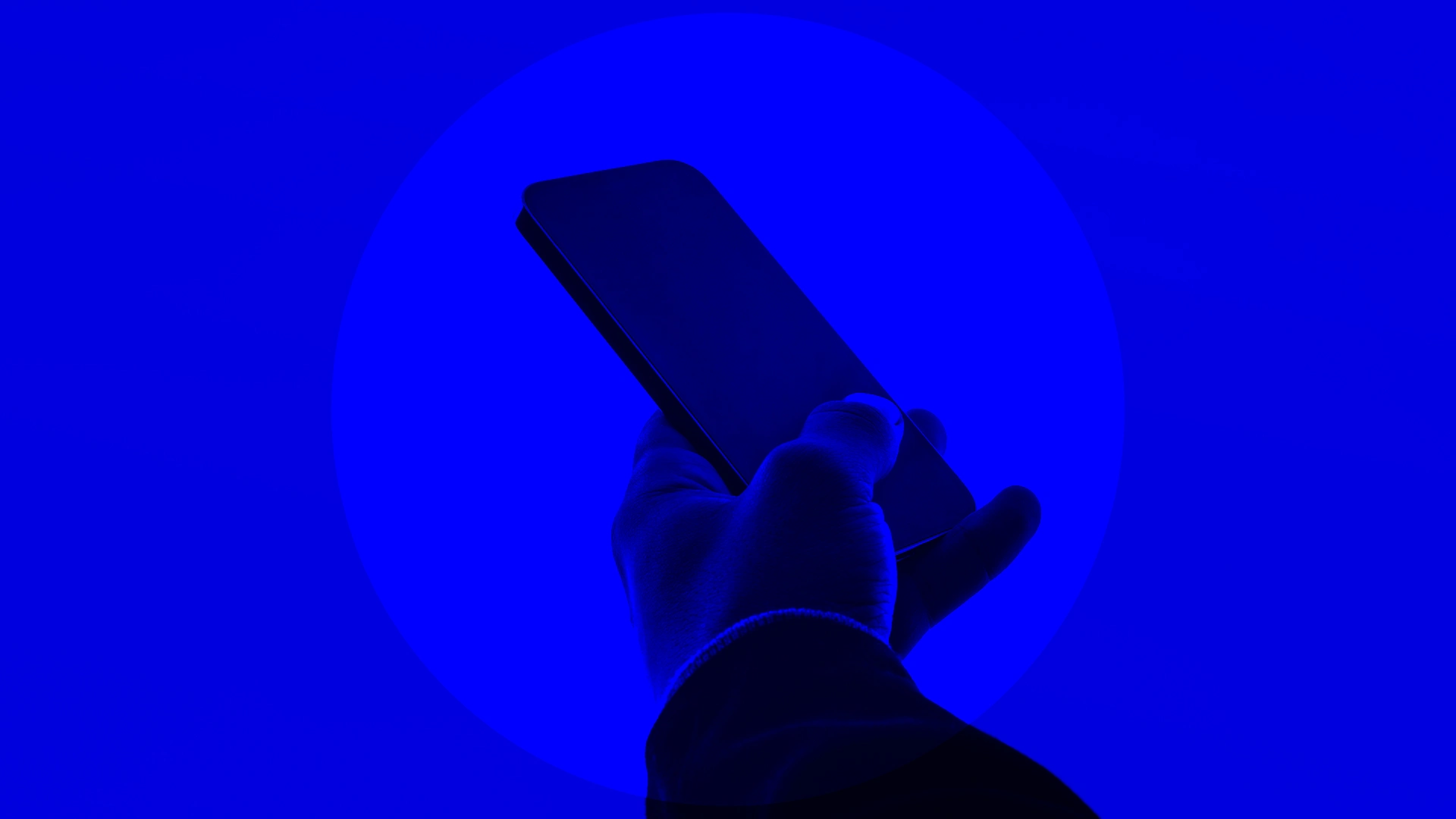
"That creates a sense of psychological safety that's often missing in corporate hierarchies. It's about connection, control, and immediacy. They're using AI the way earlier generations used coffee breaks or hallway chats: to decompress, problem-solve, or feel understood."
"Using a general-purpose chatbot as a therapist compromises the fundamental elements of safe care: clinical oversight, legal confidentiality, and a dependable route to human intervention,"
"This can introduce significant risks, particularly in multi-turn, emotionally charged discussions,"
Most Gen Z workers use AI chatbots during the workday for personal reasons, including mental-health support; 40% report talking to AI at least an hour daily. AI fills relational voids in hybrid and remote jobs by offering attentive, nonjudgmental interactions that create psychological safety and immediate connection. Forty-seven percent of Gen Z find chatbots personal; 25% describe bots as therapist, coach, friend, or coworker, and 34% have confided in AI about things never told another person. Sixteen percent frequently discuss personal topics with AI and 33% do so occasionally. Experts warn that general-purpose chatbots lack clinical oversight, legal confidentiality, and reliable routes to human intervention, posing risks in emotionally charged exchanges.
Read at Fast Company
Unable to calculate read time
Collection
[
|
...
]